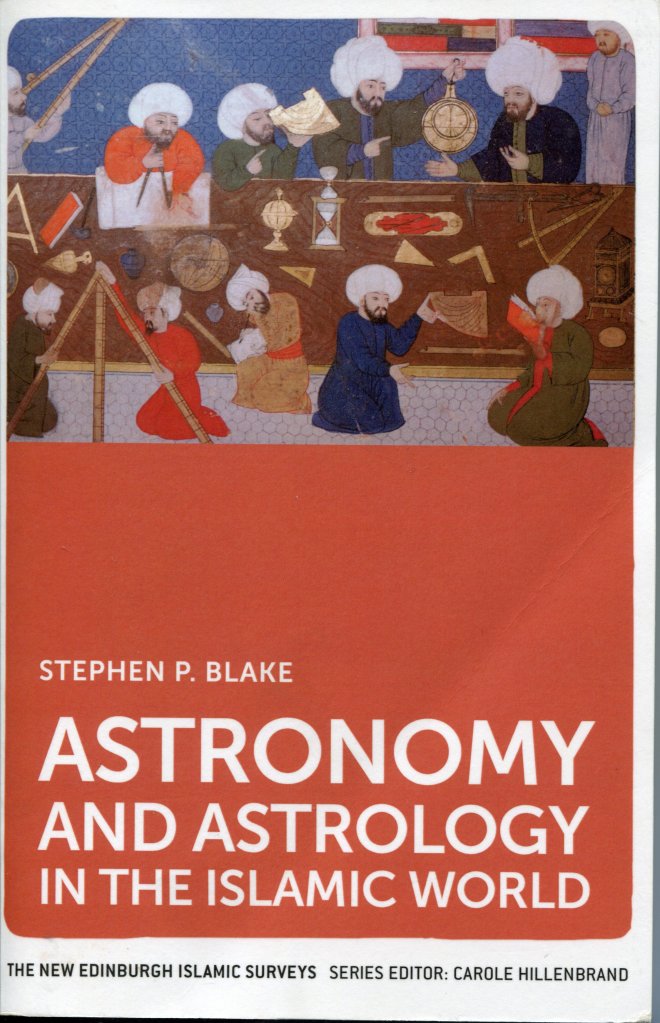This article explores the intricacies of discussing and endorsing literature concerning Islamic and Arabic science, triggered by a critique of Jim Al-Khalili’s book, *The House of Wisdom*. While Al-Khalili is recognized as a remarkable broadcaster, his credentials as a historian of Arabic science are questioned, pointing to instances like the legendary status of the House of Wisdom and the excessive focus on Ibn al-Haytham’s contributions. A suggestion is made to look at alternative literature, as Al-Khalili’s work is not regarded as fully trustworthy for grasping the historical scope of Arabic science.
The article recommends the *Encyclopedia of the History of Arabic Science* edited by Roshdi Rashed as an accessible yet thorough resource, though it is costly and out of print, for those with the means to access academic libraries. Challenges in categorizing Islamic or Arabic science emerge, taking into account the contributions of non-Muslim scholars to science in areas influenced by Islam from the seventh to sixteenth centuries.
Several books are assessed, beginning with Stephen P. Blake’s *Astronomy and Astrology in the Islamic World*, which forms part of *The New Edinburgh Islamic Surveys*. Blake’s work receives acclaim for its wide-ranging coverage of astronomy from Antiquity through the Islamic Golden Age and its effects on Europe, although it is critiqued for its conciseness, occasional biases, and minor errors.
John M. Steele’s *A Brief Introduction to Astronomy in the Middle East* provides a survey of Middle Eastern astronomy from its Mesopotamian origins to Islamic advancements. Steele is praised for elucidating the religious and cultural inspirations behind Islamic astronomy and its progressions.
Ehsan Masood’s *Science and Islam: A History* aims at a broad audience, showcasing the rise of science within Islamic culture along with their historical narratives. While less scholarly, the book presents a wider cultural context, dealing not just with scientific successes but also with the subsequent decline and contemporary underrepresentation of Islamic contributions.
The article also mentions J.L. Berggren’s *Episodes in the Mathematics of Medieval Islam* and briefly discusses resources on medieval Islamic alchemy, as illustrated in Lawrence M. Principe’s *The Secrets of Alchemy*.
The series *The New Edinburgh Islamic Surveys* is underscored for additional pertinent volumes such as Donald R. Hill’s *Islamic Science and Engineering* and Peter E. Pormann & Emilie Savage-Smith’s *Medieval Islamic Medicine*. Finally, a notable recent publication, the *Routledge Handbook on the Sciences in Islamicate Societies*, is recognized for future investigation.
